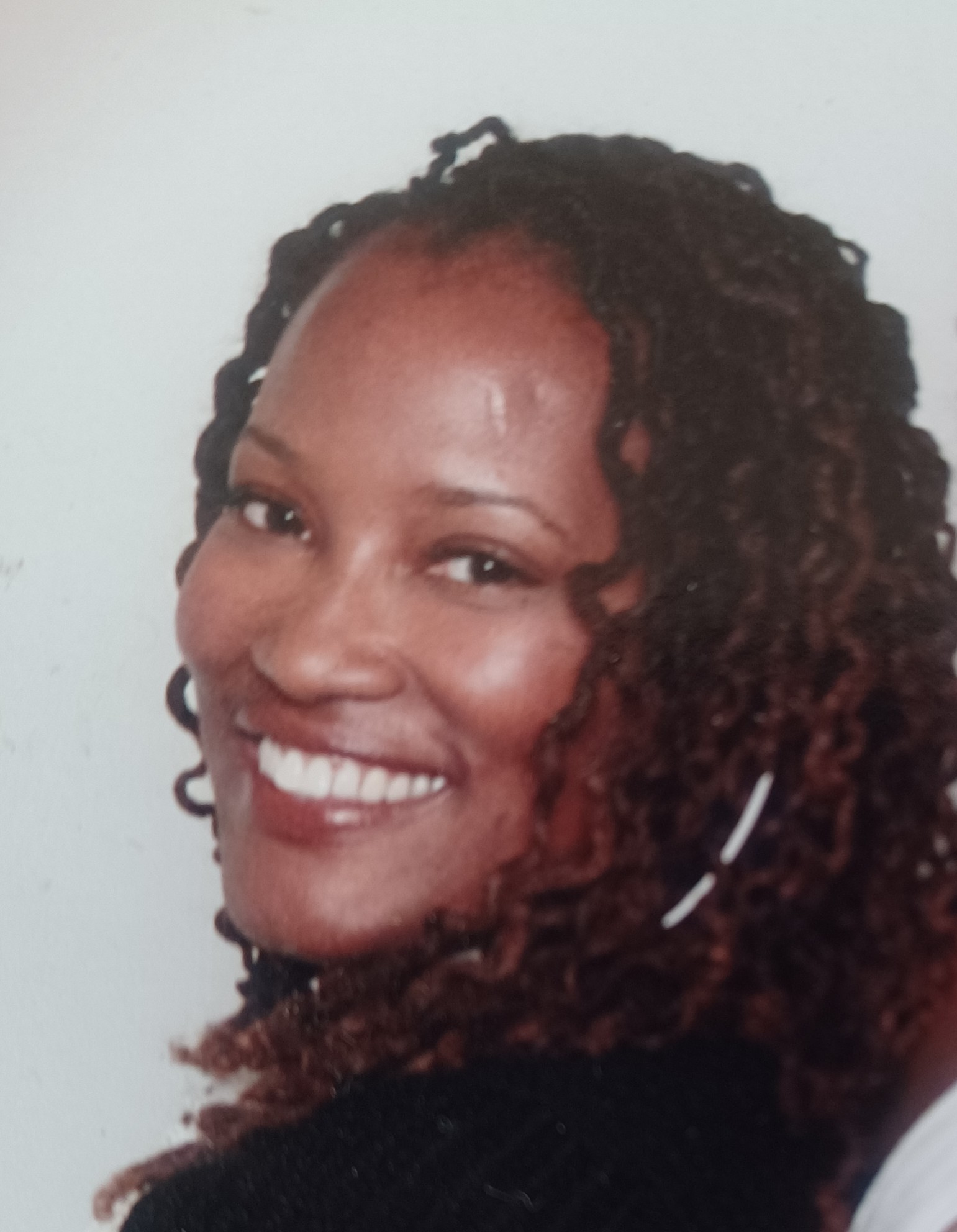Attention A T users. To access the menus on this page please perform the following steps.
1. Please switch auto forms mode to off.
2. Hit enter to expand a main menu option (Health, Benefits, etc).
3. To enter and activate the submenu links, hit the down arrow.
You will now be able to tab or arrow up or down through the submenu options to access/activate the submenu links.
Locator
Contact
Search
Employee Spotlight
June 16, 2022
Parvin Thomas, LCSW, CCM
 HUD-VASH Social Work Superviso
HUD-VASH Social Work Superviso
James A. Haley VA Medical Center
Q: How long have you worked for VA?
A: I’ve worked with VA since 2007, so about 15 years. 3 of those years were spent in the Operation Enduring Freedom/Operation Iraqi Freedom Program, plus 12 years in the Housing and Urban Development-VA Supportive Housing (HUD-VASH) program.
Q: Tell me about your role at VA.
A: I am currently the HUD-VASH Supervisor in the Tampa, Florida area. The James A. Haley VA Medical Center has 2 HUD-VASH teams: an urban team, and a team for outer counties. I supervise 23 staff that make up the urban HUD-VASH team.
My duties vary a lot. I support staff and Veterans and take care of administrative issues. I frequently interact with the community as well. Every day is different, and that’s what I love most about my position. The urban team has more than 800 HUD-VASH housing choice vouchers, so we help a lot of Veterans. As a facility, we have 1,203 vouchers.
Q: What brings you the greatest sense of satisfaction in your role?
A: I’m grateful to be a part of the immediate and positive impact that housing provides a homeless family. I get to witness the renewed sense of pride that Veterans feel when they get the keys to their new home. I get to watch as they fully absorb that they now have a safe place to live. I get to feel joy from them seeing their children realize they have their own beds.
In our team huddles, we even get to celebrate Veterans who have successfully transitioned through the HUD-VASH program and moved on to homeownership. My greatest satisfaction comes from sharing in those moments.
Q: What is one experience from your time so far with the homeless program that you will carry with you for the rest of your life?
A: I worked with a Veteran who was estranged from his family for many years. He was embarrassed about being homeless and his physical appearance. Through engaging with HUD-VASH, the Veteran was able to secure stable housing. He was referred and selected to receive extensive dental services, which restored his confidence. We worked with him to re-establish contact with his family, and he was able to meet his grandchildren for the first time. I remember the Veteran showing me a photograph of him, his son, and grandson. Three generations! I will never forget the smile on the Veteran’s face in that photograph.





























